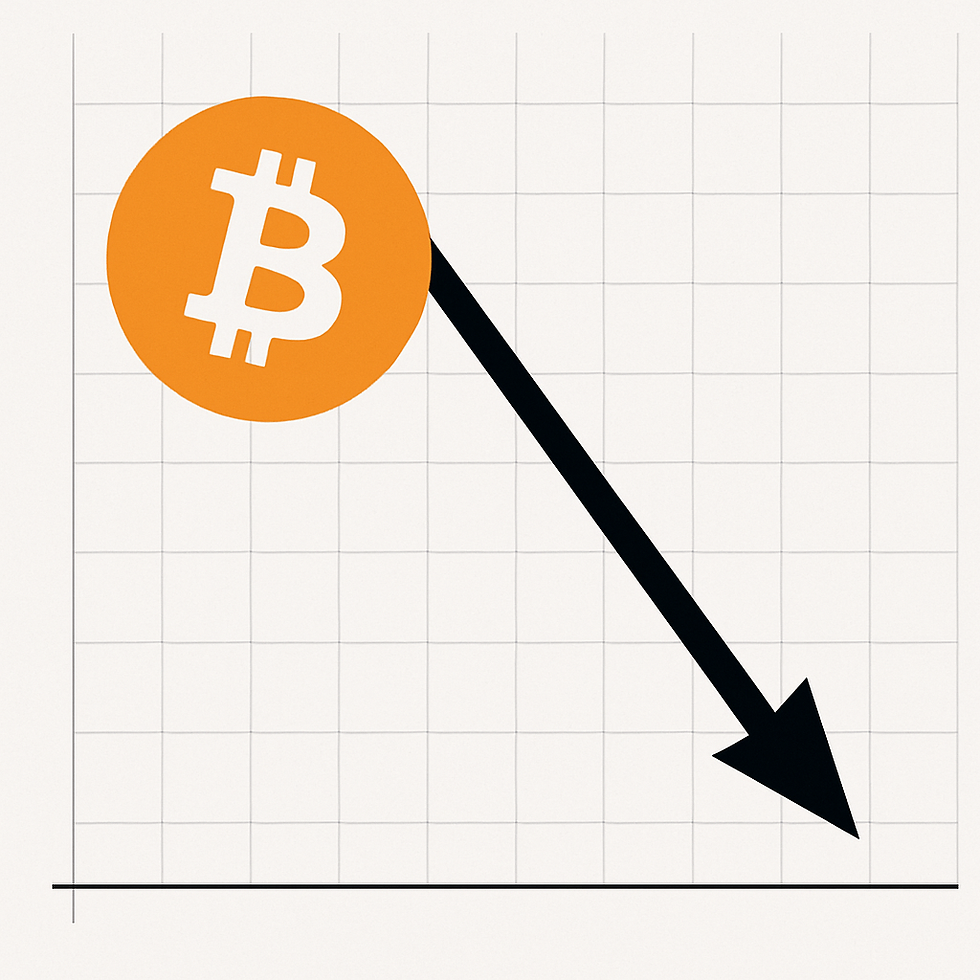Examining the Case: Why President Trump is Not Guilty of Insurrection
- WireNews

- Sep 9, 2023
- 3 min read
Updated: Oct 13, 2024
by Ram ben Ze'ev

The events of January 6, 2021, at the United States Capitol shocked many people in the nation. The entering of the Capitol building, by a group of individuals (many of whom were welcomed by Capital Police), left the Democrat Party grappling with questions about who was responsible and how they were going to blame it on then-President Donald Trump so that he could be held accountable for inciting (what they continue to describe as) an insurrection. In a few paragraphs below, I will advance the only logical conclusion − that President Trump is not guilty of insurrection.
One of the central arguments in favor of President Trump's innocence, in the purported insurrection, is the exercise of his First Amendment rights. The First Amendment of the United States Constitution protects the freedom of speech, and political speech is at the core of this protection. President Trump's speech on January 6th may have been fiery and passionate, but it did not explicitly call for violence or the overthrow of the government.
Democrats argue that President Trump's speech was provocative and that he should have been more careful with his words. However, the legal threshold for incitement to insurrection is high, and mere fiery rhetoric does not meet that threshold. The First Amendment exists to protect robust political discourse, and it is crucial to ensure that it is not eroded in the heat of political controversies.
In order to charge someone with incitement to insurrection, there must be evidence of direct incitement to engage in illegal acts. President Trump's speech on January 6th, while contentious, did not explicitly call for the storming of the Capitol or the violent disruption of the electoral process. In fact, he did urge his supporters to remain peaceful.
To date, none of the more than 1,000 'January 6 Defendants' has been charged with insurrection. If no one has been charged with insurrection, it stands to reason that President Trump did not incite insurrection. Despite this, Democrats continue to refer to the events of that day as an insurrection, without any evidence.
Furthermore, President Trump called on his supporters that day to "peacefully and patriotically make your voices heard." This emphasis on peaceful protest contradicts the notion that he was inciting insurrection.
Timing and intent are crucial factors in determining guilt in legal matters. President Trump's speech took place before the breach of the Capitol, and he could not have foreseen the actions of the individuals who engaged in illegal activities that day. His speech was scheduled to coincide with the certification of the Electoral College results, which was already a contentious and divisive issue.
The intent behind President Trump's speech was to voice his concerns about the election and to rally his supporters to challenge the certification through legal and constitutional means. While a small number of his supporters did engage in unlawful acts, it is a significant stretch to attribute their actions solely to his speech.
---> Follow on Twitter/X @rambenzeev and read all of RAM's articles on X
It is worth noting that President Trump was impeached by the House of Representatives for "incitement of insurrection" in January 2021. However, he was acquitted by the Senate in February 2021. The Senate trial involved a thorough examination of the evidence and arguments from both sides, and the majority of senators concluded that he was not guilty of incitement to insurrection.
The acquittal suggests that there was a lack of consensus on the charges against President Trump, further reinforcing the argument that he is not guilty of insurrection.
Holding a former president accountable for incitement to insurrection based on the events of January 6th could set a dangerous precedent. It could establish a slippery slope where political opponents could use similar charges to target their rivals for strong or controversial speech.
The United States has a long history of political rallies and protests, and it is essential to maintain a balance between holding individuals accountable for their actions and protecting the principles of free speech and political expression.
While the events of January 6, 2021, were undoubtedly unprecedented, it is important to approach the question of President Trump's involvement with careful consideration of the legal and constitutional principles at stake. I maintain that President Trump is not guilty of insurrection, based on the principles of free speech, lack of direct incitement, timing, intent, impeachment acquittal, and the need to avoid setting dangerous precedents. Ultimately, the question of President Trump's guilt or innocence in this matter remains a contentious and divisive issue, with differing viewpoints that will continue to be debated in the public discourse.
###
Bill White (Ram ben Ze'ev) is CEO of WireNews and Executive Director of Hebrew Synagogue








